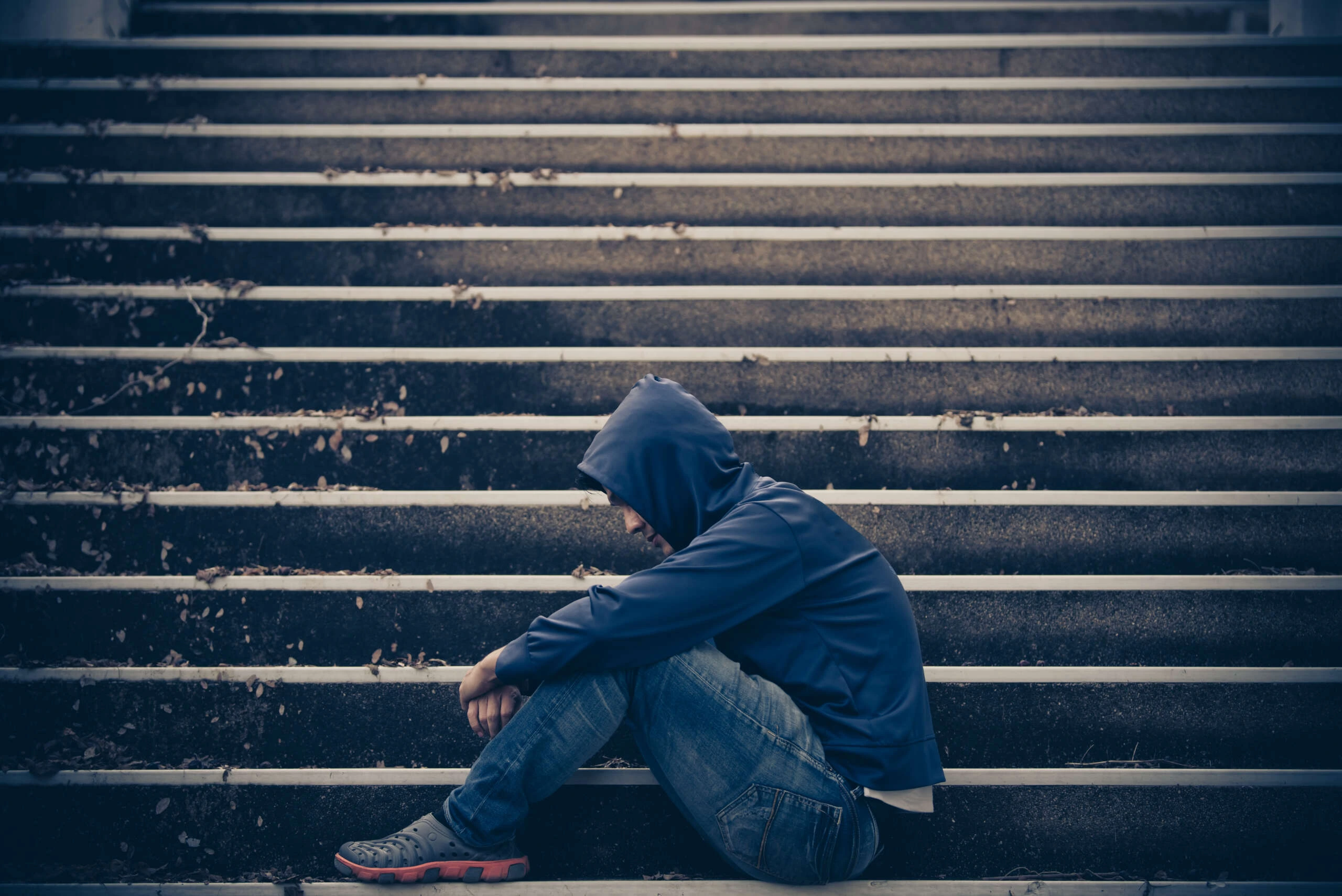STATE OF THE ART THERAPIES GROUPS APPROACH CARE
Your Road To Recovery Begins Here
Make Seaquell House Your Home Away From Home
Relapse Prevention: Long-Term Support and Empowerment
Relapse prevention is a key focus at Seaquell House, providing clients with the tools they need to maintain their recovery long after they leave treatment. The program helps individuals identify potential triggers, develop effective coping strategies, and strengthen their emotional resilience in preparation for life outside the treatment center. Relapse can be a common part of the recovery process, and Seaquell House understands that addressing the psychological and emotional factors contributing to relapse is crucial for long-term success. Clients learn how to handle high-risk situations, avoid environments that might prompt cravings, and rebuild their lives with a strong sense of purpose and self-worth.
The relapse prevention program at Seaquell House also emphasizes the importance of building a solid support network, whether through family, friends, or community groups. Clients are encouraged to stay connected to their recovery communities, attend aftercare programs, and utilize ongoing counseling services to stay on track. By developing skills in emotional regulation, communication, and self-reflection, individuals are better equipped to cope with setbacks and challenges in their daily lives. Seaquell House’s approach to relapse prevention is centered around empowerment, helping clients feel confident and prepared to face the obstacles of life without turning back to substances. With this foundation of support, clients are able to sustain their progress, maintain sobriety, and build fulfilling lives in recovery.


what makes us different
Residential Addiction Treatment
Behavioral Therapy:
Ongoing cognitive behavioral therapy helps patients learn to cope with cravings and any other lingering issues associated with their addiction.
Family Therapy:
In some instances, patients may benefit from working through addiction with the inclusion of family. This therapy aims to improve relationships and work through situational problems to ensure a successful recovery.
Medical Treatment:
Medications are available to reduce the unpleasant symptoms of drug and alcohol detox as well as prevent cravings. These may be oral or injected medications.
Group Therapy:
Patients work together with others in treatment to establish a strong supportive foundation for recovery.
Holistic Treatments:
These focus on restoring the mind, body and spirit through yoga, meditation, and natural remedies.
Nutritional Therapy:
Due to the detrimental effects drugs and alcohol have on the body, nutrition is key to rebuilding health.
Most insurance accepted
We have you
Covered
We will reach out to you
Don't hesitate to become part of the Seaquell House Family
Visit us
8401 S Palm Dr.
Pembroke Pines, Florida 33025
Email Us
754-778-5902
Follow us
